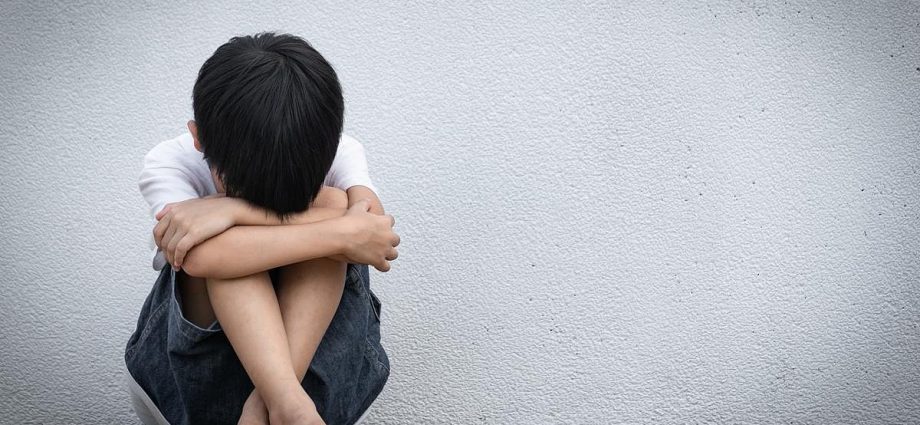FRIDAY, Feb. 7, 2025 (HealthDay News) — Trauma experienced by the oldest child in a family does not bode well for their younger siblings, new British data suggest.
A child’s odds for developing mental health issues rose significantly if their oldest sibling experienced maltreatment, homelessness, injury or other forms of adversity in their first 1,000 days of life, the study found. It was published Feb. 3 in The Lancet Public Health.
Doctors and other professionals who spot issues in a first-born child could be key to preventing issues that might later affect other kids, said study co-author Dr. Gene Feder, professor of primary care at the University of Bristol in the U.K.
“Identifying first-born children experiencing adverse childhood experiences,” and then helping first-time parents deal with stress and other issues, could “help reduce the impact of adverse childhood experiences on the whole family, including subsequent children,” Feder said in a news release from University College London (UCL).
UCL clinical psychologist Dr. Shabeer Syed was lead author on the study.
The new study looked at the medical records of more than 333,000 British mothers and the almost 535,000 children raised by these women between 2002 and 2018.
They tracked rates of six forms of “adversity” experienced by any firstborn child: child maltreatment, intimate partner violence, maternal substance misuse, maternal mental health problems, adverse family environments (for example, homelessness), and “high-risk” maltreatment (such as suspected injuries).
More than a third (37.1%) of these firstborn kids did experience some form of adversity. Leading the list were mental health issues experienced by the mother (21.6% of firstborns) and tough family environments (14.5%), which included issues such as homelessness or parental criminality.
About 1 in 5 mothers had at least one child who went on to be diagnosed with a mental health problem between the ages of 5 and 18.
Mothers whose firstborn had already experienced some form of adversity were 71% more likely to have any child diagnosed with a mental health issue, Syed’s team found.
“Our study reveals a cascading health risk that extends beyond the individual [firstborn child], impacting on the health of siblings as well,” Syed said in the news release.
“This likely stems from the continuation of adverse childhood experiences within the family,” he said.
Spotting the risk early and intervening to support struggling parents could interrupt the cycle.
“When a child or parent presents with mental health concerns, violence or other forms of adversity, it’s essential to ask about the wider family context,” Syed said.
Study co-author Jessica Deighton agreed.
“These findings indicate that, when we encounter children facing significant challenges like domestic abuse or poverty, we must expand our focus to the whole family, including siblings,” said Deighton, who is a professor of child mental health and wellbeing at UCL. “This would help to ensure all children and young people within families dealing with adversity receive appropriate care as early as possible.”
More information
There’s more on reducing stress within families at the American Psychological Association.
SOURCE: University College London, news release, Feb. 3, 2025
Copyright © 2026 HealthDay. All rights reserved.

